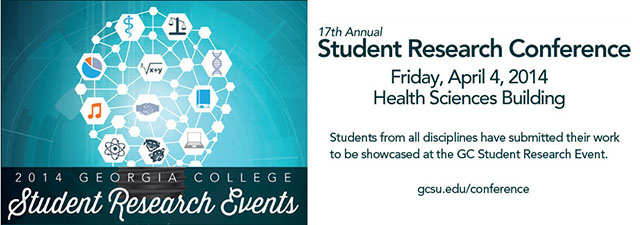
Event Title
Differences in Student Performance on Matching Selected Response and Fill-in-the-Blank Constructed Response Assessment Questions
Faculty Mentor
Miriam Jordan
Keywords
Miriam Jordan
Abstract
Student test assessment varieties range from detailed constructed response items to simple multiple choice questions. Researchers often wonder which method is a more efficient means of questioning students. The ultimate assessment goal is to compose questions and prompts that provide students with an opportunity to demonstrate their knowledge. Accurate measurement of student knowledge is often sacrificed for the sake of time efficiency. By using nearly identical questions, this study investigates whether or not fill-in-the-blank and matching questions can be accurate measurements of knowledge as well as time efficient. It seeks to go beyond the mere averaging of test scores and further on to understand any differences or correlations in scores between the two formats.
Session Name:
Education: Teaching and Learning II
Start Date
4-4-2014 10:15 AM
End Date
4-4-2014 11:15 AM
Location
HSB 105
This document is currently not available here.
Differences in Student Performance on Matching Selected Response and Fill-in-the-Blank Constructed Response Assessment Questions
HSB 105
Student test assessment varieties range from detailed constructed response items to simple multiple choice questions. Researchers often wonder which method is a more efficient means of questioning students. The ultimate assessment goal is to compose questions and prompts that provide students with an opportunity to demonstrate their knowledge. Accurate measurement of student knowledge is often sacrificed for the sake of time efficiency. By using nearly identical questions, this study investigates whether or not fill-in-the-blank and matching questions can be accurate measurements of knowledge as well as time efficient. It seeks to go beyond the mere averaging of test scores and further on to understand any differences or correlations in scores between the two formats.

